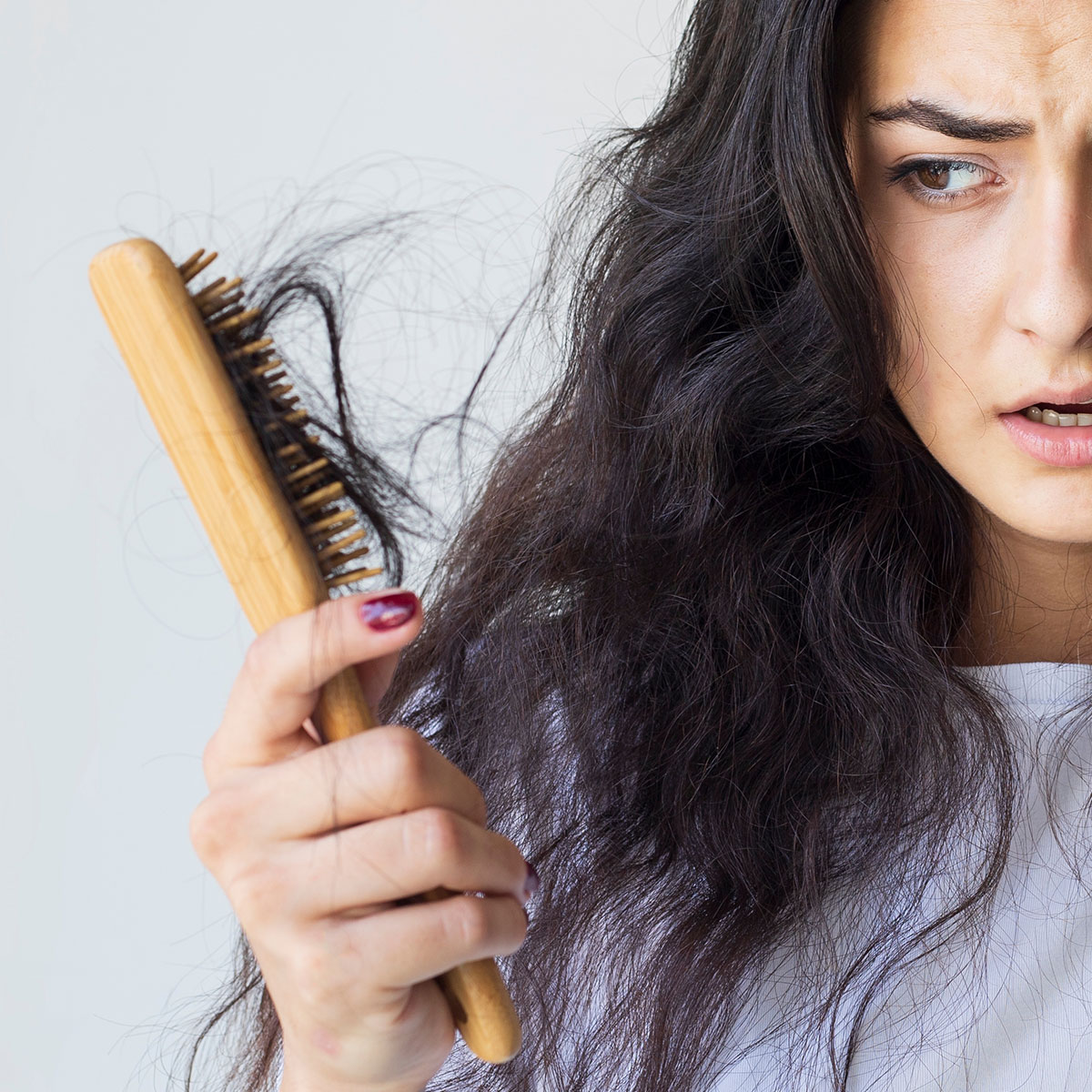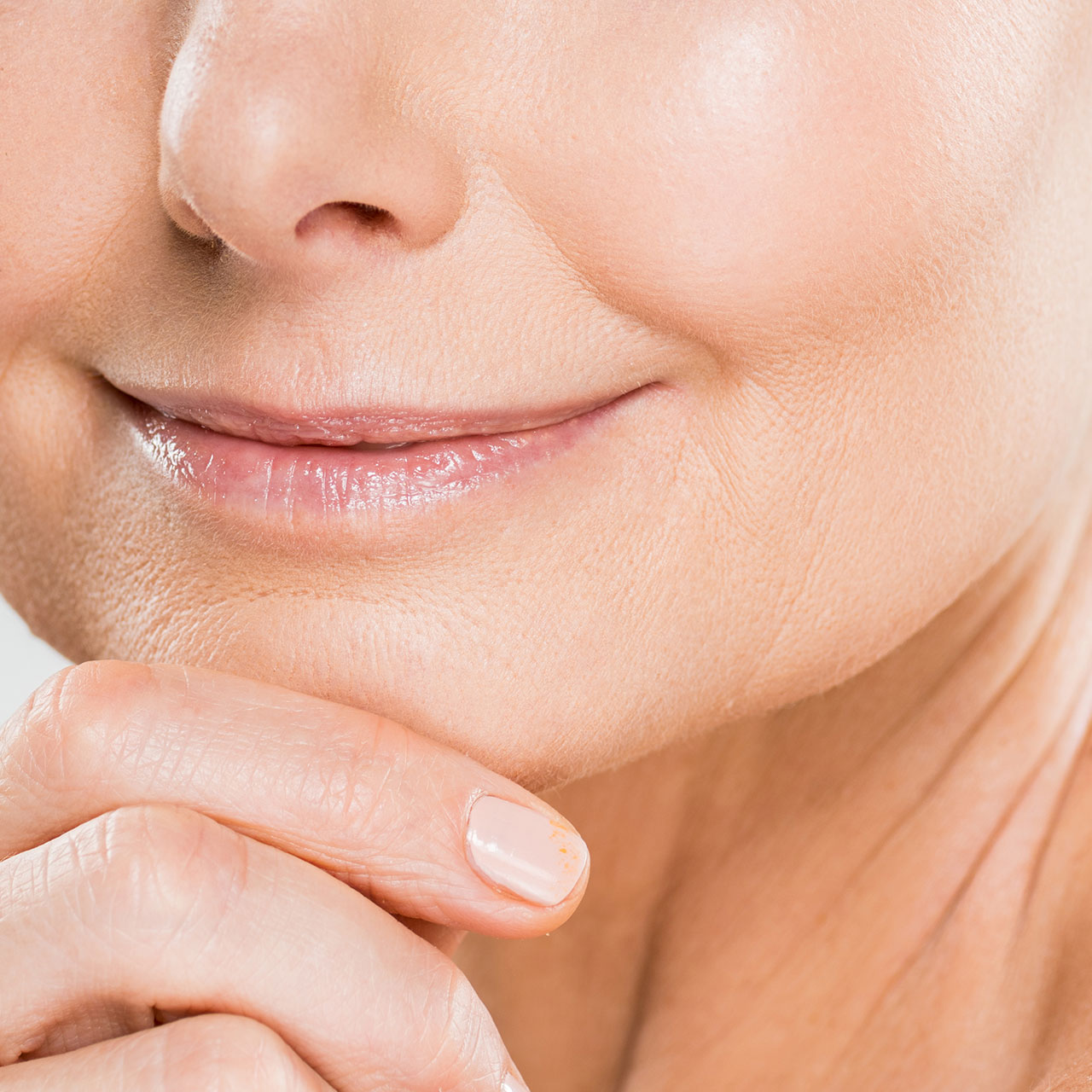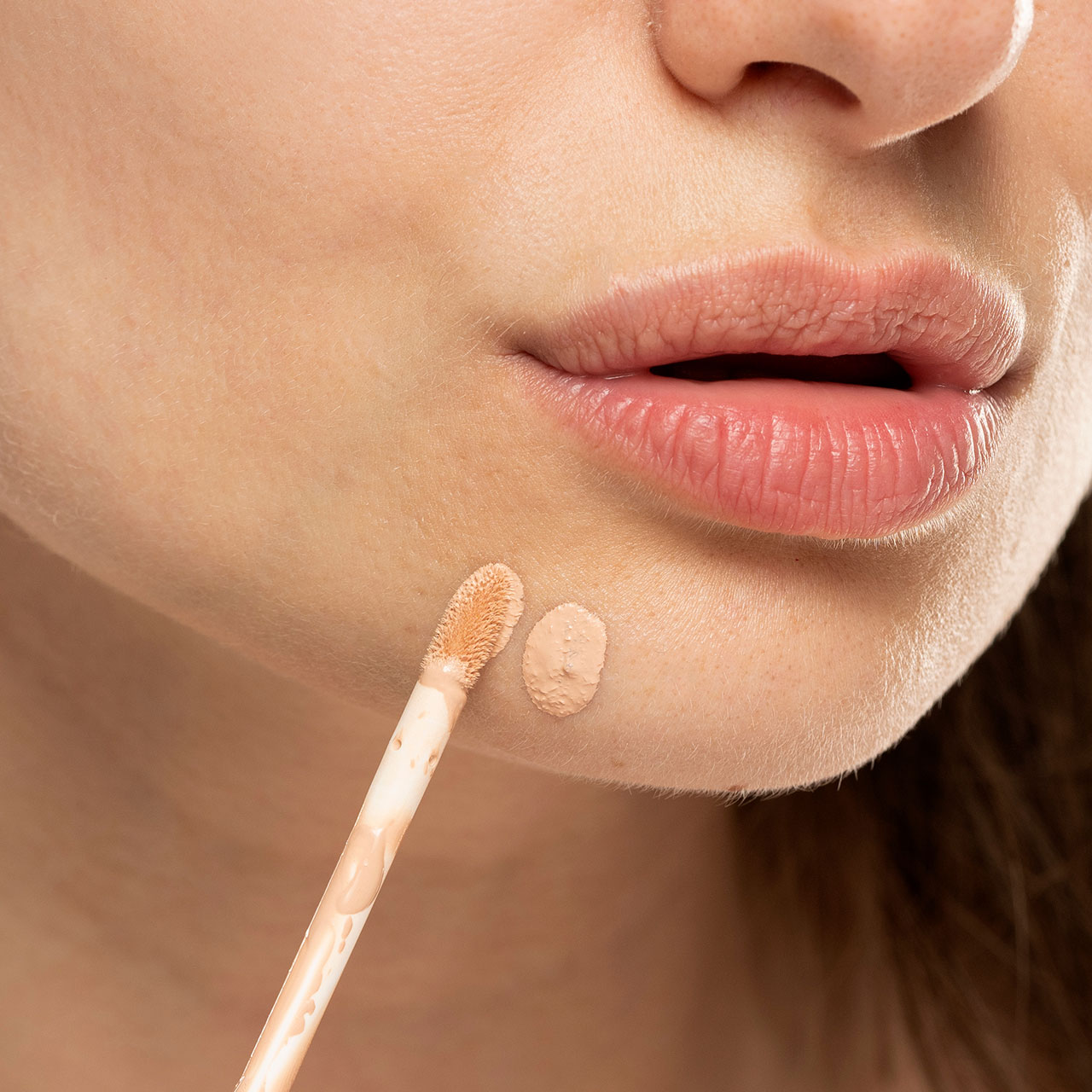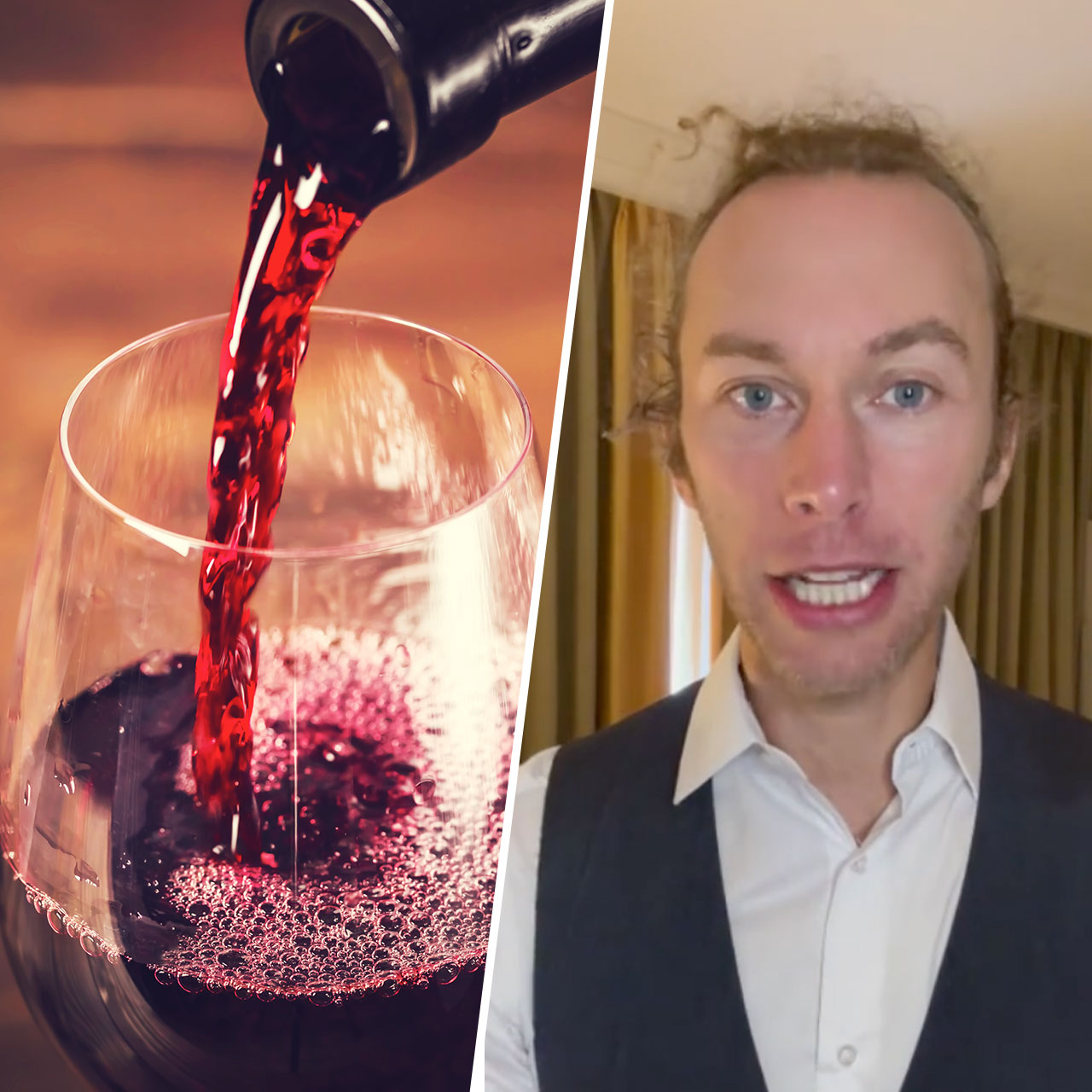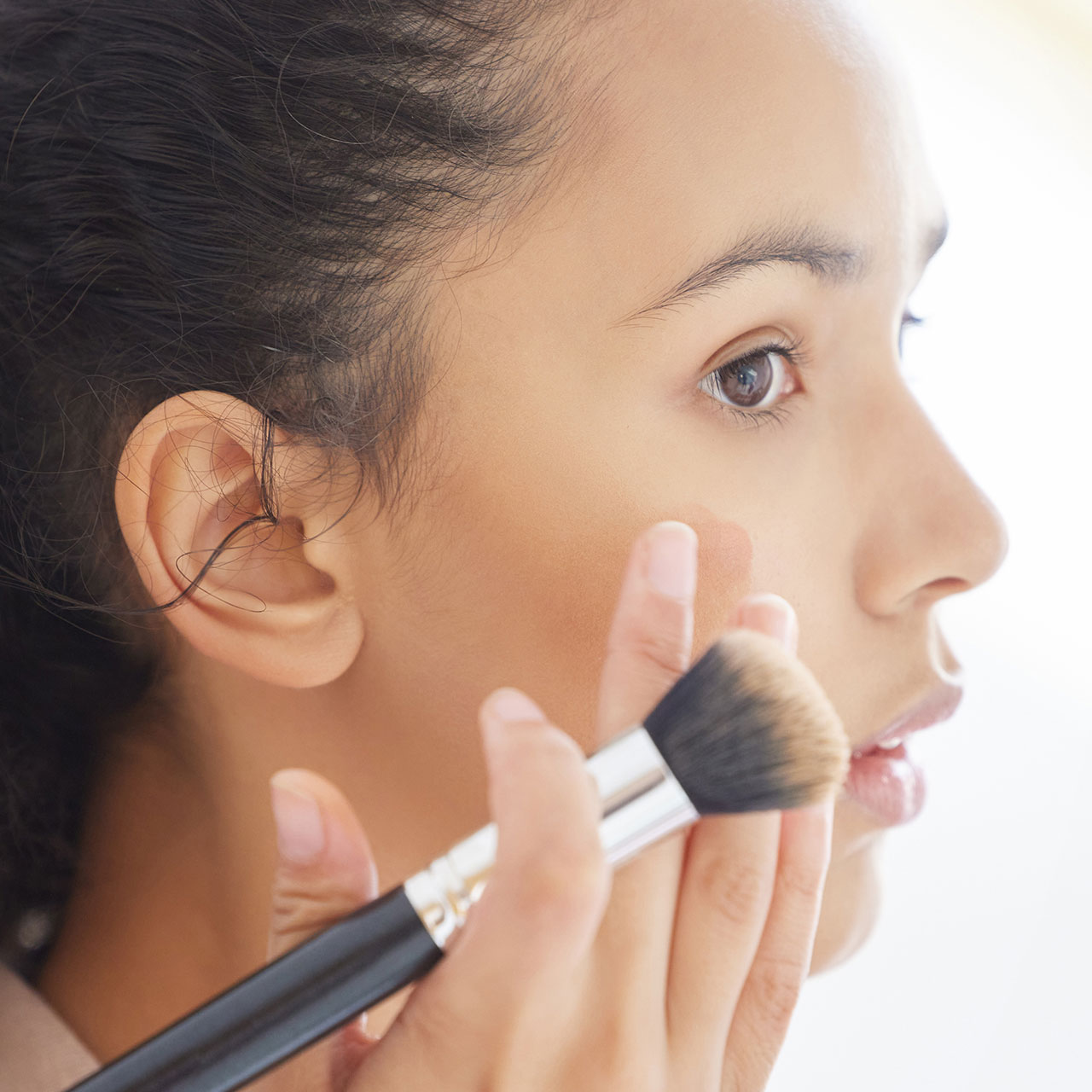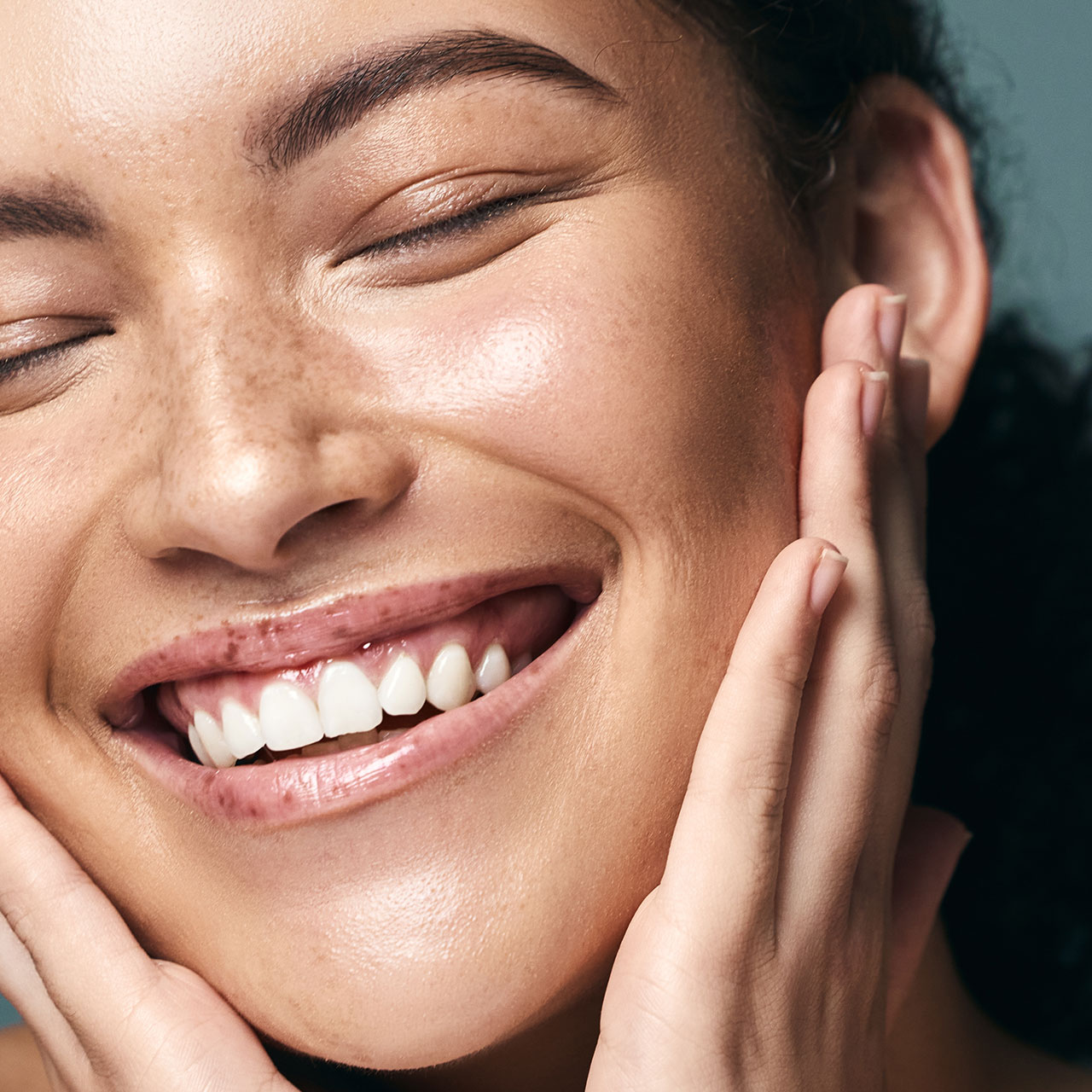For many women, hair loss and thinning can be attributed to the natural process of aging, protein deficiencies in their diet, or wrong choices made in regards to hair styling and upkeep. To gain further insight into the potential damage of two common hair care blunders women make, we consulted professional hair stylists and experts.
According to them, relying on ‘thickening’ shampoo and utilizing hair products with fragrances can only weaken thinning hair, exacerbating damage. For those seeking to foster strength and well-being in their locks, they provided key tips to take into consideration when purchasing shampoo and other hair products.
Read on for suggestions from Dr. Daniel Boyer, M.D., hair health expert at Farr Institute, Allyson Carter, professional hair stylist and Editor-in-Chief at Hair Spies, Lauren Holland, professional hairstylist at Headspace Hair Artistry and Ghanima Abdullah, hair expert and cosmetologist at The Right Hairstyles.

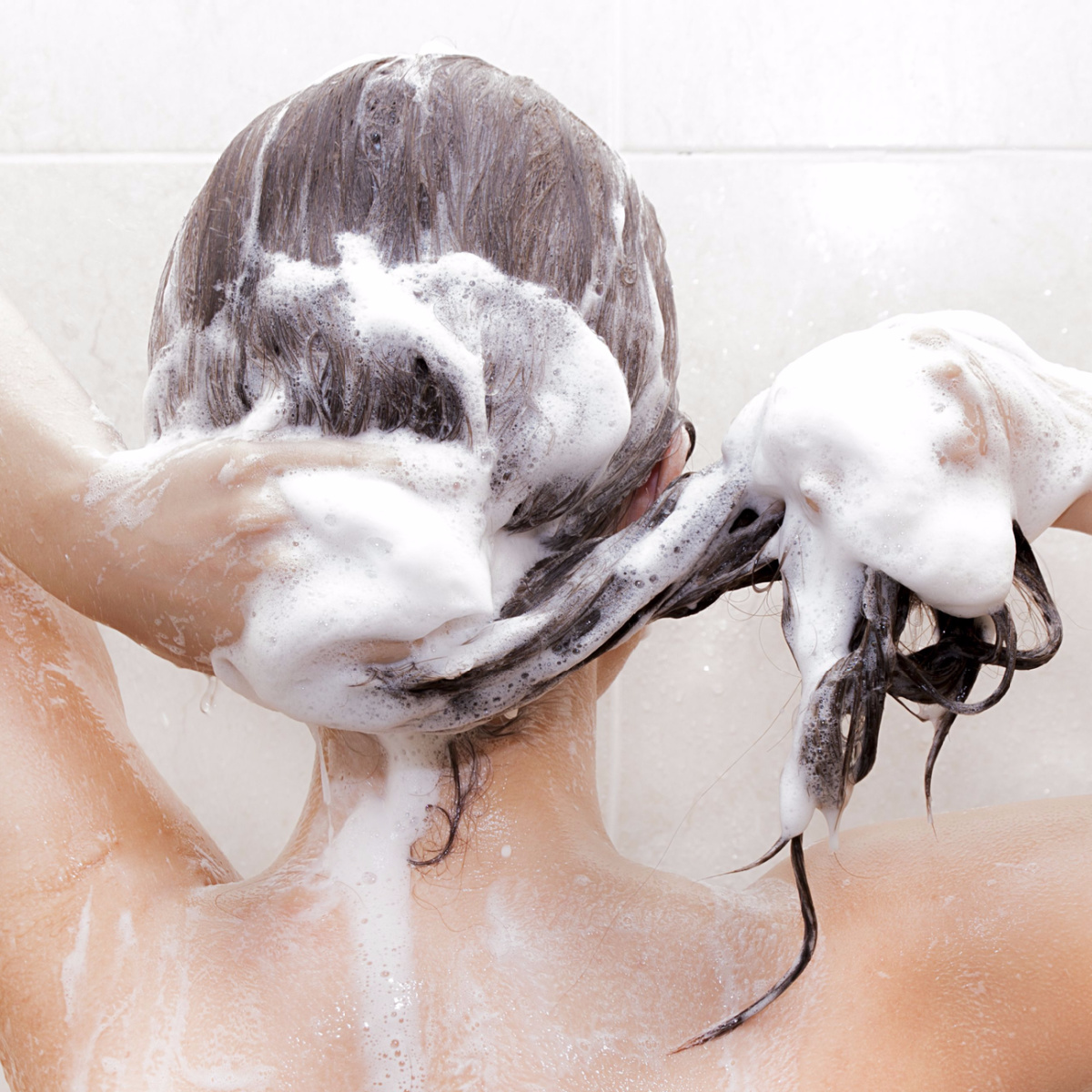
2 Hair Care Errors That Can Lead To Weaker Tresses
1. Using A 'Thickening' Shampoo
If you suffer from hair thinning, it would be understandable to think that opting for a 'thickening' product would be a reasonable approach; however, Boyer suggests otherwise.
"Long-term use of this shampoo may clog the pores of your scalp, interfering with the oxygen supply in the skin," he says. "As a result," he continues, "inflammation may occur more often, leading to hair loss due to damage caused to your skin."
Instead, he suggests using shampoo products that are low in comedogenic oils that "don't clog your skin pores," like a thickening shampoo would.
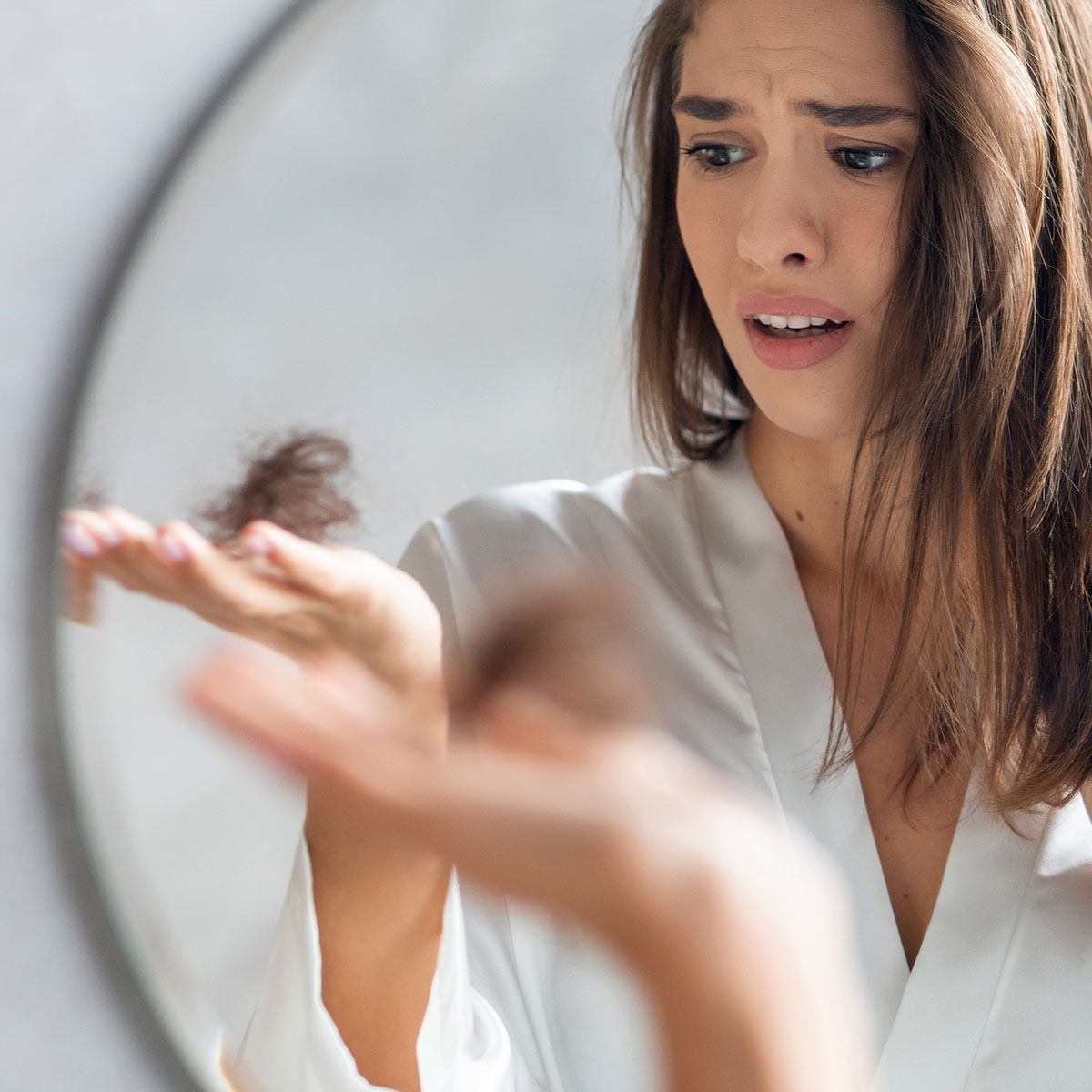
Carter concurs, and notes that her "rule of thumb" regarding hair care is that "if a shampoo is too soapy, the color looks fake, or smells way too good; then it probably isn’t too good for your scalp."
According to her, it's thickeners that provide shampoos with a nice, lathery texture and deceiving foaminess. "Some widely used thickeners are sodium chloride and polyethylene glycol, which are highly irritating for the scalp and strip hair of all its moisture, making it dry and brittle," Carter warns.
Fragrances like diethanolamine and triethanolamine "completely destroy the keratin in hair and contribute to drying and loss of hair," she adds.
Shampoos marketed as ‘thickening’ can also be dangerous, she points out, when used in excess as they can clog pores. "The clogged pores prevent oxygen from reaching the scalp, which in turn leads to irritation and hair loss."
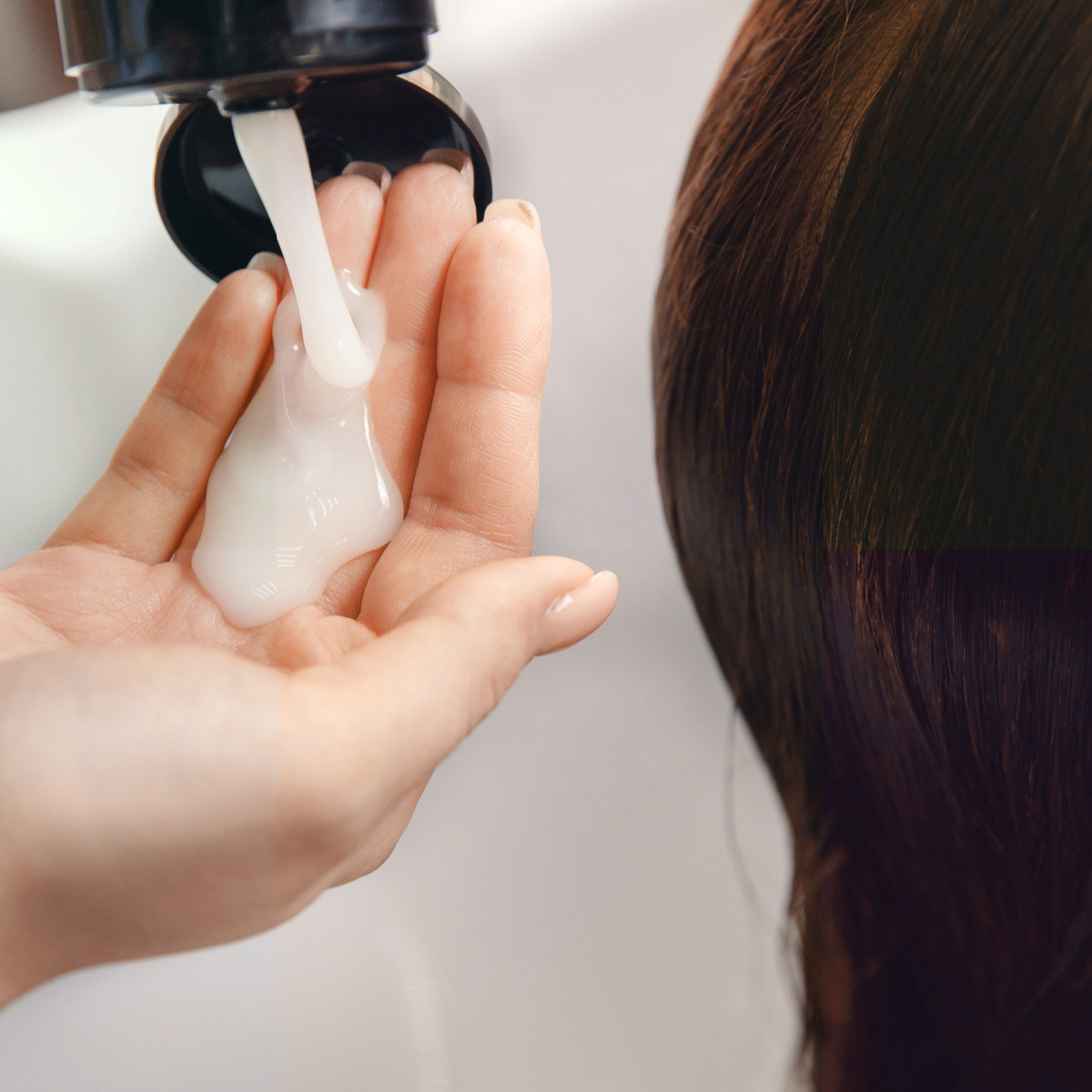
2. Choosing Hair Products With 'Fragrances'
According to Abdullah, fragrances, which are included in numerous hair products such as shampoo, conditioner, and mousse, can be very irritating to the scalp.
"Fragrance is often not one ingredient, but a compendium of ingredients in low concentrations that the manufacturer doesn't want to list directly on the ingredients," she says.
"Because there is very little government oversight with personal care products, 'fragrance' can be anything," she adds.
"Fragrance doesn't cause dandruff per se, as it causes a wide range of allergies and dandruff can be one of them," she says, and an irritated scalp can lead to hair loss, dryness and breakage.
"With repeated use of hair products that contain fragrance, dandruff as an allergic reaction can worsen," Abdullah points out. Overproduction of oil can also be an allergic reaction, as can scalp acne.
"Allergic reactions are the reason we now have so many fragrance-free products on the market," she adds, making products with this as an ingredient best to avoid for your scalp health, and if promoting hair growth is your goal.
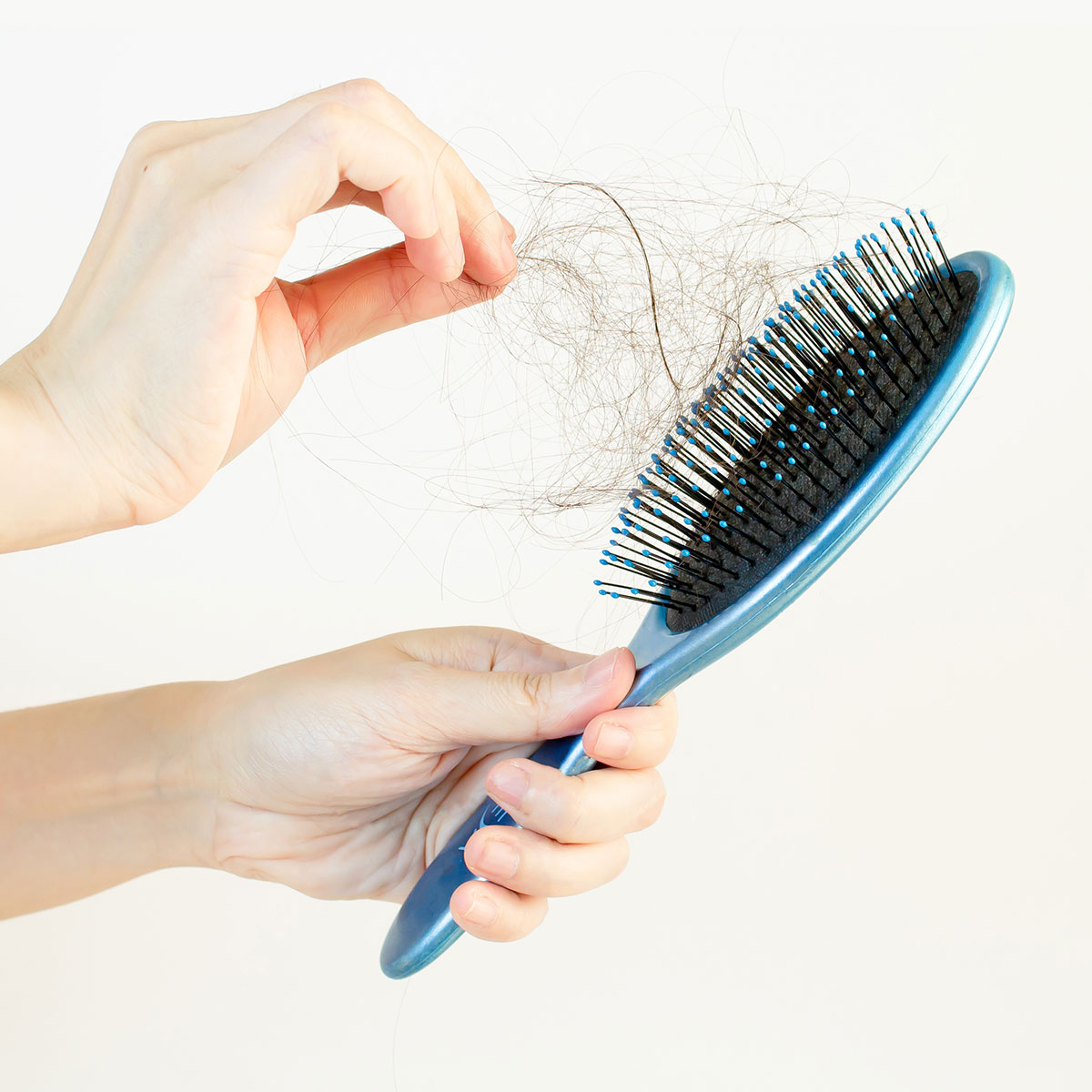
Experts suggest that individuals with thinning or fine hair should opt for products recommended by their dermatologist for optimal results.
Nevertheless, gaining knowledge about ingredients that improve thinning hair may prove advantageous. According to Holland, making minor changes to one's lifestyle can promote a healthier scalp and hair.
She suggests "opting for a sulfate free shampoo," as these are "widely available and are less irritating and harsh" on your scalp and hair. "Take it up a level and look for something more natural," she says.
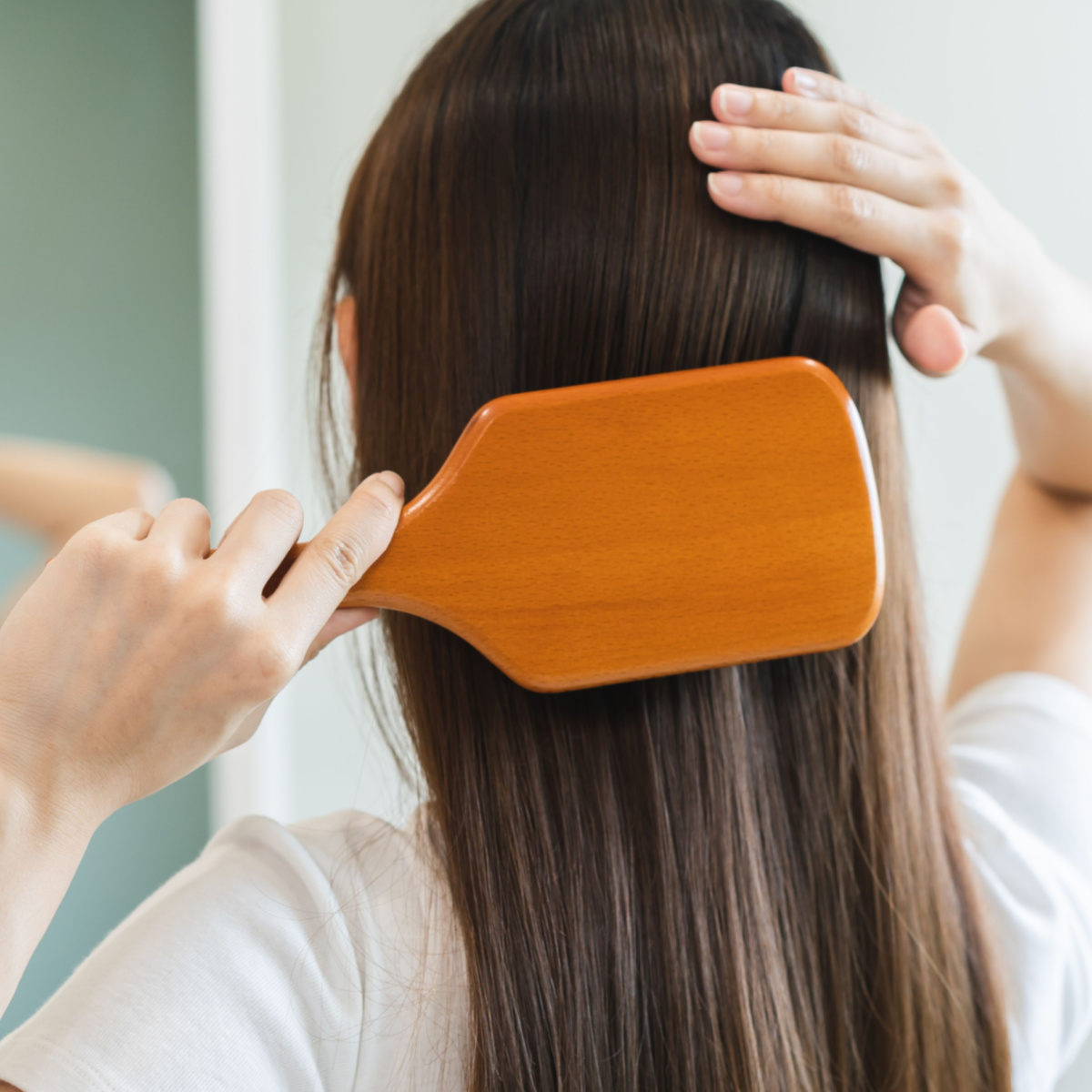
Holland also notes that minimizing damage to your hair is possible by reducing heated tools and chemical services and protecting your hair while swimming and wearing a hat while in the sun to protect your scalp.
"Give your scalp a break between washes. Your natural oils are produced for a reason, so give them a chance to their job," Holland continues.
She also advises to "avoid using styling products such as gels, waxes, hairsprays and dry shampoos on a regular basis," as these will cause build up as they settle on your scalp and clog hair follicles. "Once a hair follicle is damaged, there is no reversal unfortunately," she says.





